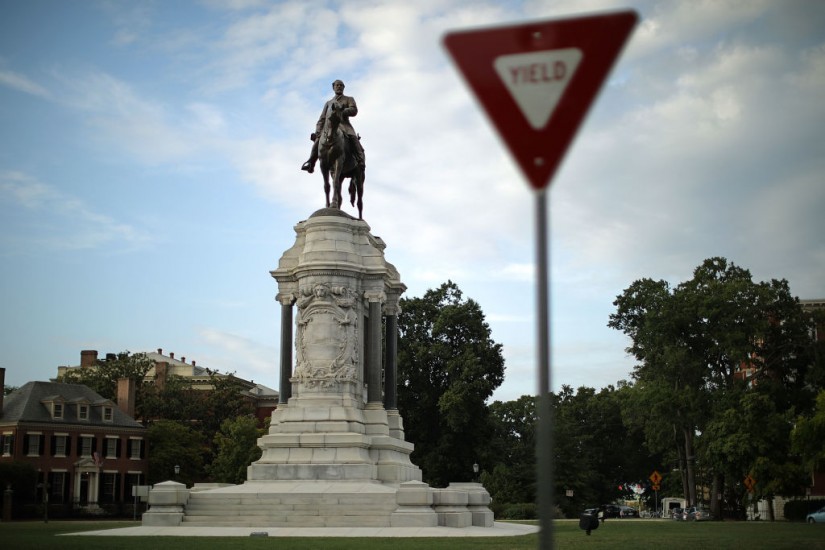Debates over public memory and the valorization of history are frequently complicated and politically vexed. But on the margins, in extreme cases, they are often pretty straightforward. For any subject of controversy, the first question we should ask is: What is the person known for? How did they earn a place in our collective public remembrance?
As Thomas Jefferson’s involvement in slavery has become increasingly difficult to dismiss as simply a product of his times and as his use of one of his own slaves as his lifelong concubine has become more surely confirmed as fact, Jefferson’s place in the national pantheon has come in for increasing criticism. In his case, we have a mixed ledger. He is the author of the Declaration of Independence, the prime driver of the Northwest Ordinance, a significant anti-slavery document, Secretary of State, President. He was also a lifelong slaveholder with all that entailed. With Jefferson you have numerous acts which are high points in our national story joined with an integral involvement with our greatest national shame. This will be a long public discussion.
What is Robert E. Lee known for? This is what I mean by the margins of the debate. Lee is known for one thing: being the key military leader in a violent rebellion against the United States and leading that rebellion to protect slavery. That’s it. Absent his decision to participate in the rebellion he’d be all but unknown to history. He outlived the war by only five years. There’s simply no positive side of the ledger to make it a tough call. The only logic to honoring Lee is to honor treason and treason in the worst possible cause.
